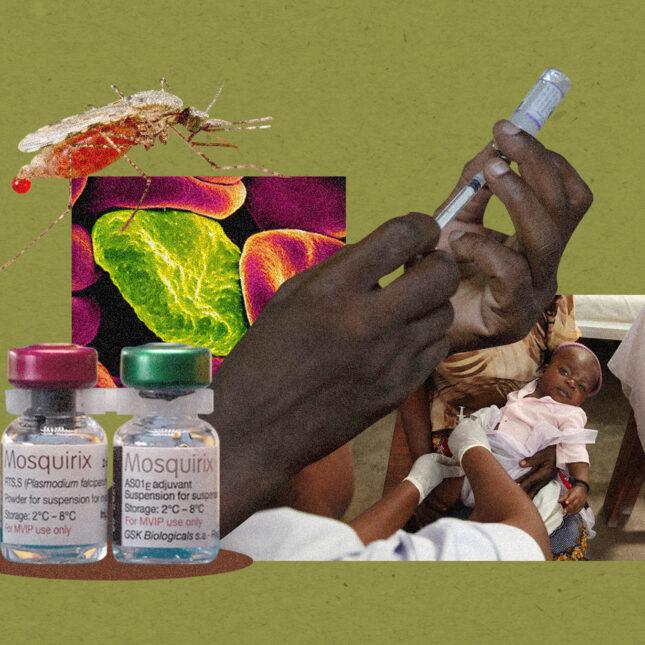Introduction to Malaria in Burundi
Burundi, a small country in East Africa, faces significant challenges due to malaria. Malaria remains one of the leading causes of illness and death in this region. The burden of this disease heavily impacts public health and economic stability.
The Development of the Malaria Vaccine
Recent advancements in malaria vaccine research have generated hope for countries like Burundi. One of the most promising vaccines is the RTS,S/AS01, which has shown effectiveness in reducing malaria cases. This vaccine has been a topic of discussion among health organizations aiming to eliminate malaria.
Implementation Strategies in Burundi
The introduction of the malaria vaccine in Burundi is part of a broader health strategy. Health authorities are working to ensure that the vaccine is accessible to those in high-risk areas. Community awareness and education will be vital in promoting vaccine uptake among the population.
Impact of the Vaccine on Public Health
The potential benefits of the malaria vaccine in Burundi could be transformative. Successful vaccination programs could lead to a significant decrease in malaria-related morbidity and mortality. This change would not only improve health outcomes but also enhance the quality of life for many Burundians.
Challenges to Vaccine Rollout
Despite the optimism surrounding the vaccine, challenges persist. Logistical issues, vaccine hesitancy, and limited healthcare infrastructure could hinder effective rollout. Addressing these challenges is crucial to ensure the vaccine reaches those who need it the most.
Conclusion and Future Prospects
The malaria vaccine represents a critical step forward in the fight against this disease in Burundi. By leveraging partnerships and community engagement, the potential for success is greater. For more information on this initiative and its implications, visit this link.

